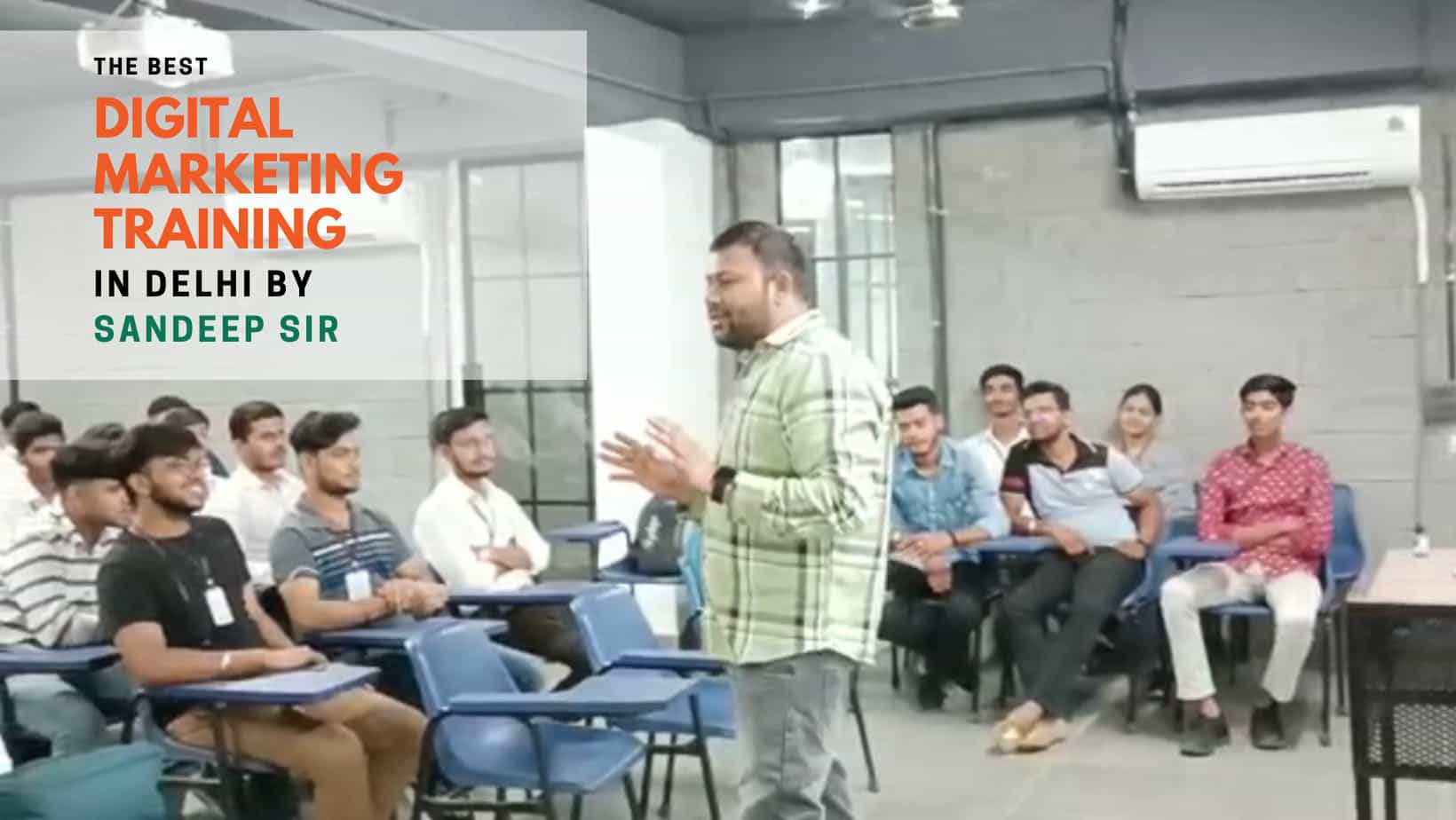In the vast digital landscape, where millions of websites compete for attention, having a strong online presence is paramount. This is where Search Engine Optimization (SEO) comes into play. Whether you're a blogger, an e-commerce entrepreneur, or a multinational corporation, understanding and implementing SEO practices can significantly impact your website's visibility and traffic.
Table of contents [Show]
1. Introduction to SEO
What is SEO?
Search Engine Optimization, or SEO, is the process of improving a website's visibility on search engine results pages (SERPs) through organic (non-paid) methods. It involves optimizing various aspects of a website to rank higher in search engine algorithms.
Importance of SEO for Websites
In today's digital era, where consumers rely heavily on search engines to find information, products, and services, appearing on the first page of search results can make or break a business. High search engine rankings not only increase website traffic but also enhance brand credibility and trustworthiness.
2. Understanding Search Engines
How Search Engines Work
Search engines utilize complex algorithms to crawl, index, and rank web pages based on relevance and authority. These algorithms consider factors such as keyword relevance, backlinks, and user experience to determine a page's ranking.
Popular Search Engines and Their Algorithms
Google dominates the search engine market, followed by Bing and Yahoo. Each search engine has its unique algorithm, with Google's PageRank algorithm being the most influential. Understanding these algorithms is crucial for effective SEO strategies.
3. Key Elements of SEO
On-page SEO
Content Optimization
Creating high-quality, relevant content is the cornerstone of on-page SEO. Content should be optimized with target keywords strategically placed throughout the page.
Title Tags and Meta Descriptions
Title tags and meta descriptions provide concise summaries of web pages in search results. Optimizing these elements with relevant keywords can improve click-through rates and SEO performance.
Off-page SEO
Backlinks
Backlinks, or inbound links from other websites, are a key off-page SEO factor. Quality backlinks from authoritative sites signal to search engines that your website is trustworthy and credible.
Social Media Signals
Social media activity, such as shares, likes, and comments, can indirectly impact SEO by increasing brand visibility and driving traffic to your website.
Also Read:
4. SEO Best Practices
Keyword Research
Tools for Keyword Research
Tools like Google Keyword Planner, SEMrush, and Ahrefs help identify relevant keywords with high search volume and low competition.
Long-tail Keywords
Long-tail keywords are longer, more specific phrases that target niche audiences. They often have lower search volume but higher conversion rates.
Quality Content Creation
Importance of Original and Engaging Content
High-quality, original content not only attracts visitors but also encourages them to stay longer on your site and share your content, leading to better SEO performance.
Content Formats for Better SEO
Diversifying content formats, such as blog posts, videos, infographics, and podcasts, can appeal to different audience preferences and improve search engine visibility.
5. Technical SEO
Site Structure and Navigation
A well-structured website with clear navigation enhances user experience and facilitates search engine crawling and indexing.
Mobile Optimization
With the increasing use of mobile devices, optimizing websites for mobile responsiveness is essential for SEO success.
6. Local SEO
Importance of Local SEO for Businesses
Local SEO focuses on optimizing a website for local search queries, making it essential for brick-and-mortar businesses targeting local customers.
Optimizing Google My Business
Creating and optimizing a Google My Business profile improves visibility in local search results and enhances trust among potential customers.
7. Measuring SEO Success
Key Performance Indicators (KPIs)
KPIs such as organic traffic, keyword rankings, and conversion rates help track the effectiveness of SEO efforts and identify areas for improvement.
Tools for Tracking SEO Performance
Google Analytics, Google Search Console, and third-party SEO tools provide valuable insights into website performance and SEO metrics.
8. Common SEO Mistakes to Avoid
Keyword Stuffing
Overloading web pages with keywords in an attempt to manipulate search engine rankings can result in penalties and lower rankings.
Ignoring Mobile Optimization
Failing to optimize websites for mobile devices can lead to poor user experience and lower search engine rankings, especially with Google's mobile-first indexing.
Neglecting Website Speed
Slow-loading websites frustrate users and negatively impact SEO performance. Optimizing page speed through compression, caching, and minimizing code improves user experience and search engine rankings.
9. Future Trends in SEO
Voice Search Optimization
With the rise of voice-activated assistants like Siri and Alexa, optimizing websites for voice search is becoming increasingly important for SEO success.
Artificial Intelligence and Machine Learning in SEO
Advancements in AI and machine learning are revolutionizing SEO, allowing for more personalized search results and improved user experiences.
Mastering the art of SEO is essential for any website looking to thrive in the competitive online landscape. By understanding search engine algorithms, implementing best practices, and staying updated on emerging trends, businesses can improve their visibility, attract more organic traffic, and ultimately achieve their online goals.
FAQs (Frequently Asked Questions)
- What is the difference between on-page and off-page SEO?
- On-page SEO refers to optimization techniques applied directly to the website, such as content creation and keyword optimization. Off-page SEO involves activities performed outside the website, such as link building and social media marketing.
- How long does it take to see results from SEO efforts?
- SEO is a long-term strategy, and results may vary depending on factors such as competition, industry, and the effectiveness of your SEO tactics. While some improvements may be noticeable within a few weeks, significant results often take several months to achieve.
- Is it necessary to hire an SEO agency for optimization?
- While hiring an SEO agency can provide expertise and resources, many SEO strategies can be implemented by website owners themselves. It ultimately depends on the complexity of your website and your budget.
- What are the risks of black hat SEO tactics?
- Black hat SEO tactics violate search engine guidelines and can result in penalties, including lower search rankings or removal from search engine indexes. It's best to avoid these tactics and focus on ethical SEO practices.
- How often should I update my website's content for SEO purposes?
- Regularly updating your website's content is beneficial for SEO, as it signals to search engines that your site is active and relevant. However, the frequency of updates depends on your industry, audience, and the type of content you produce.




